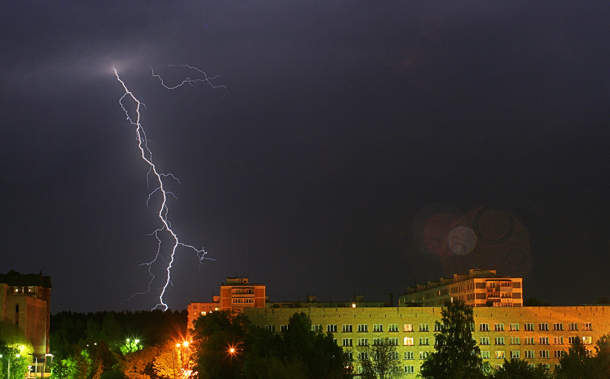Electricity has become such a big part of our lives that most of us no longer give it much thought – it is just something that is there. How many of us think of the electrical wiring when buying or renting a house?
It is only when a problem occurs, or when a power outage happens that we become aware of how much we rely on electricity in our daily lives.
When it comes to electrical safety, most of us think that it is a matter of common sense – and that we know all about it! But did you know that more electrical accidents occur at home and not at work – and many involve unsafe practices and DIY electrical work. These preventable accidents bring home the importance of really understanding safe electrical practices.
Leave it to your licensed, local electrician
The Rule #1 for electrical safety is to avoid undertaking any electrical repairs yourself – even something as seemingly simple as repairing a broken or cracked light switch. Only a qualified electrical tradesperson should be making electrical repairs or putting in new wiring.
If you live on Sydney’s Northern Beaches or North Shore, our team at Everest Electrical Services is happy to take on all your home electrical maintenance jobs, no matter how big or small they are.
Safety devices do work
Today, there are a lot of safety devices available to protect against electrical shock or fire. These include safety switches, circuit breakers and surge protectors. All three serve different purposes and are all essential parts of your home wiring.
- Safety switches: are personal protection devices that monitor the flow of electric current and turn off the power when a problem is detected. The power is turned off in the fraction of a second protecting us from electrical shock.
- Circuit breakers: are designed to offer protection to appliances and wiring by preventing short-circuits or excessive current flow.
- Surge-protectors: protects equipment from being damaged due to voltage surges or spikes like those which occur during a lightning strike.
Other than these, smoke detectors, fire blankets and fire extinguishers are also important to have on hand or installed for use in the event of a fire.
Just having these devices is not sufficient though – it is important to test them regularly, as per the manufacturers’ instructions, to ensure that they are working as they should.
Check your cords and outlets
The next areas to concentrate on are power cords and electrical outlets.
- Do not use appliances with frayed or worn cords – get them repaired by a licensed tradesperson.
- Always use the plug to remove the appliance from the outlet. Never pull on the cord as this will cause greater wear on the cord and even damage it.
- Do not connect too many appliances on to a single outlet designed for one or two plugs. This can cause overloading which will damage your appliances. Use power boards with safety devices instead of double adaptors to avoid overloading.
- Running cords underneath rugs is also dangerous as people could trip over and damage the appliance – not to mention the injuries possible due to the fall.
- If you have small children, childproof all your outlets with safety plugs to prevent children tampering with them.
Appliance safety
Some electrical appliances have become a part of our daily routine – like a toaster or a microwave oven. Before cleaning any appliance, always remember to unplug it first. Also make sure that the switch is off at the outlet before unplugging any appliance.

Electricity and water do not mix
Even a small electric current can be dangerous when water is involved. This is why you should never use any electrical appliance, or turn on switches, with wet hands.
- Do not use any appliances like a hair dryer or an electric razor near water, or when standing on wet surfaces.
- Unplug and store all appliances used in the bathroom after use.
- Stay away from wet areas in your yard when using electric power tools outside.
- Do not use or store any appliances near your backyard swimming pool.
Outdoor safety is important too!
When working outdoors – whether moving a ladder, picking fruit from trees, installing an antenna, or flying kites or model aeroplanes – make sure that you are well away from overhead power lines. And always use professional tree pruning contractors for trees located near power lines.
Before starting any digging on your property, you should first check the location of underground power cables. The ‘Dial before you dig’ help line on 1100 (1100.com.au) is a national referral service that provides information on underground utilities.
Safety first
Do not take chances with your family’s safety. If you have an old home with questionable wiring, or recently bought a new house, get a full electrical safety inspection done by a local electrician for peace of mind.
At Everest Electrical, we offer a free safety inspection which will help you detect any wear and tear in your wiring and get it repaired. Call us on 0410 229 139 to schedule an appointment.

